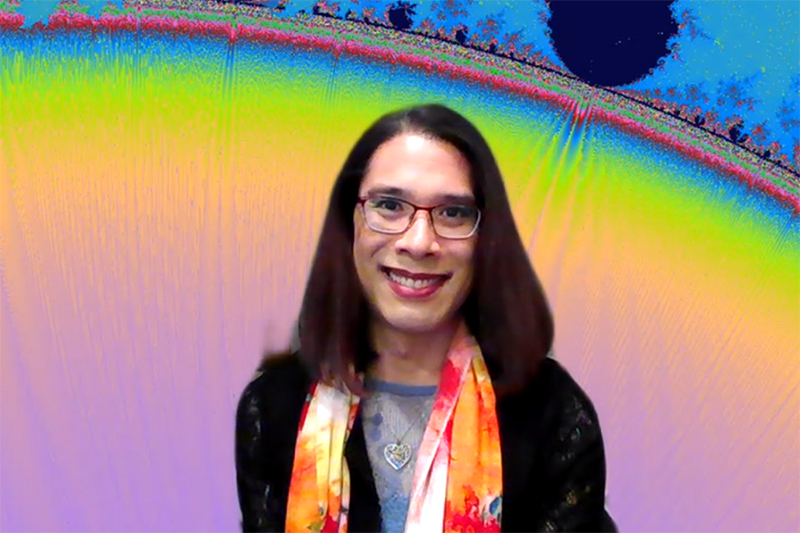28th June 2021
This Pride Month, Meredith Lee (also known as Derek Moo) from our Melbourne Australia team offers ways in which everyone can support the LGBTQIA+ community beyond rainbow flags.

It’s Pride Month and the rainbow flags are out. It’s easy to add a video background or hashtag to a social media post – these days it seems like everyone is blessed by a rainbow somewhere in their life. Yet whilst visible support is always welcome, following up these simple gestures with words and actions is the way toward real, impactful change.
After I came out here at Civica, some of the women in the office made the effort to compliment me on my style and ask about the clothes I wear when I present as female. Fashion is often dismissed as trivial, but for a transgender person the choice of clothing can be inseparable from the concept of visibility itself, and I was thankful for the acceptance and appreciation my colleagues showed me.
Even with Pride being so celebrated, there are still people who feel that, for them, such visibility is not an option. Not everyone is going to navigate the world using the same social and cultural frameworks and it is important to avoid making assumptions. Some time before I came out at work, I was using the office carpark after hours as Meredith, and a colleague walked past. I couldn’t tell if they’d noticed me or recognised me and neither of us said anything. Months later after I had come out I learned that my colleague had in fact identified me but kept it secret out of respect for my privacy.
Whether or not you identify as LGBTQIA+ yourself, you can make it clear that you are supportive regardless of different lived experience: avoid using outdated terms, especially as jokes (and call out people who do), learn what inclusive and gender-neutral terms are being used today, and be aware of what questions may be tiresome or inappropriate.
This last point is almost universal amongst marginalised groups – with the resources available online, you can find answers to most common questions without asking others to do the work of educating you. A once-a-month encounter for you may be someone else’s daily reality, and even the most innocuous questions become frustrating when dealt with so often. Many LGTBQIA+ organisations have resource pages on their websites to help all of us learn things that others may take for granted.
Don’t worry about always getting it right. When you make a mistake, clearly apologise (but don’t go over the top) and strive to do better next time. Remember that the best apology is changed behaviour. And whilst it may be true that being a good person means making more of an effort than it used to, you are making this effort on behalf of countless people who have endured oppression and discrimination, and countless more who, hopefully, will be spared these indignities in the future.
Lastly, it is important to remember that identity can be fluid, and that sex and gender are not the same thing. This can make it seem like LGBTQIA+ is a chaotic whirlpool of tangled threads in thousands of colours, and not the neat, orderly stripes we usually associate with rainbows. And this is true! These concepts defy easy classification and as a result, the language we use is ever-changing and growing as our understanding becomes more nuanced.
LGBTQIA+ people have been speaking our truths to the world for thousands of years, across civilisations and cultural boundaries. We have always been here, and we have always had voices, even if they have been suppressed at times. To me, Pride means living in a culture that listens.